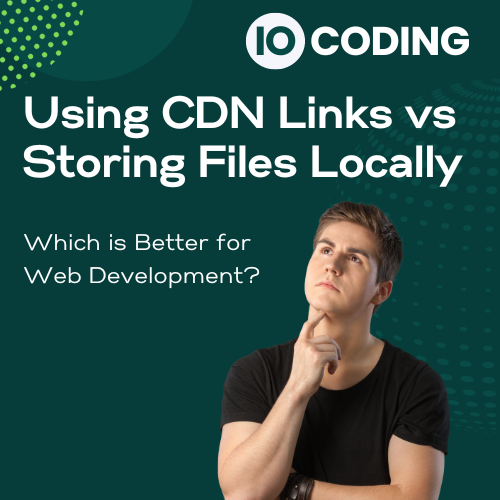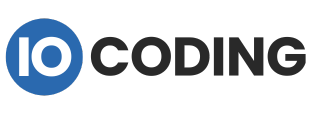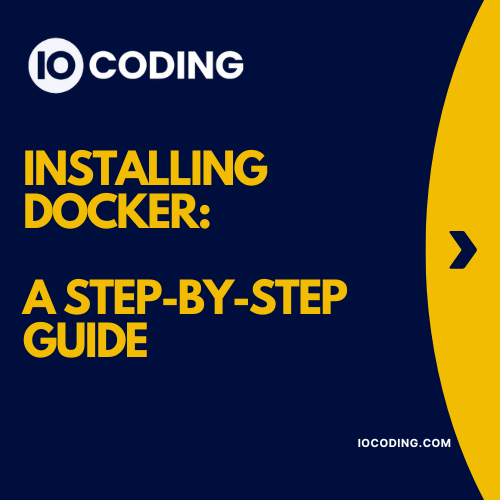Using CDN Links vs Storing Files Locally: Which is Better for Web Development?
When it comes to web development, one important decision that developers often face is whether to use CDN (Content Delivery Network) links or store files locally. Both options have their own advantages and disadvantages, and the choice ultimately depends on the specific needs of the project. In this blog post, we will explore the pros and cons of each approach to help you make an informed decision.

Table of Contents
What is a CDN?
A CDN is a network of servers distributed across different geographic locations. It works by caching and delivering content, such as images, CSS files, and JavaScript files, from the server that is closest to the user’s location. This helps to reduce latency and improve website performance.
Advantages of Using CDN Links
There are several advantages to using CDN links in web development:
- Improved Website Performance: By using CDN links, you can take advantage of the network of servers to deliver content faster to users. This can significantly improve website performance, especially for users who are located far away from your server.
- Reduced Bandwidth Usage: When you store files locally, every time a user requests a file, it is served directly from your server. This can put a strain on your server’s bandwidth, especially if you have a high volume of traffic. By using CDN links, the content is served from the CDN’s servers, reducing the bandwidth usage on your server.
- Built-in Caching: CDNs have built-in caching mechanisms that can help to further improve website performance. When a user requests a file, the CDN will check if it already has a cached version of the file. If it does, it will serve the cached version, reducing the load on your server.
- Global Scalability: CDNs have servers located in different parts of the world, making it easier to scale your website globally. This is particularly useful if you have an international audience and want to ensure fast and reliable content delivery to users in different regions.
Disadvantages of Using CDN Links
While CDN links offer many benefits, there are also some potential drawbacks to consider:
- Dependency on Third-Party Service: When you use links, you are relying on a third-party service to deliver your content. If the CDN experiences downtime or technical issues, it could affect the availability of your website. It’s important to choose a reliable CDN provider to minimize the risk of such disruptions.
- Cost: Some CDN providers charge for their services, especially for high-volume usage. If you have a tight budget, storing files locally might be a more cost-effective option.
- Less Control: When you store files locally, you have full control over the content and can make changes or updates as needed. With links, you are limited to the version of the file that is cached on the CDN’s servers. If you need to make frequent updates to your files, storing them locally might be more convenient.
Advantages of Storing Files Locally
While CDN links have their benefits, there are also advantages to storing files locally:
- Full Control: When you store files locally, you have complete control over the content. You can make changes or updates to the files without relying on a third-party service.
- No Dependency on Third-Party Service: Storing files locally means that you are not dependent on a CDN provider. This can be advantageous if you want to have full control over the content delivery process.
- Cost Savings: Storing files locally can be more cost-effective, especially for smaller projects or websites with lower traffic volumes. You don’t have to pay for CDN services, which can sometimes be expensive.
Disadvantages of Storing Files Locally
However, there are also some drawbacks to consider when storing files locally:
- Performance Impact: Storing files locally means that every time a user requests a file, it is served directly from your server. This can result in slower load times, especially for users who are located far away from your server.
- Bandwidth Usage: Storing files locally can put a strain on your server’s bandwidth, especially if you have a high volume of traffic. This can lead to slower load times and potentially affect the overall performance of your website.
- Scalability: If you have an international audience and want to ensure fast and reliable content delivery to users in different regions, storing files locally might not be the most scalable option.
Conclusion
Choosing between using CDN links or storing files locally is a decision that depends on the specific needs of your web development project. Links offer improved website performance, reduced bandwidth usage, built-in caching, and global scalability. However, they also come with a dependency on a third-party service, potential costs, and less control over the content. On the other hand, storing files locally gives you full control, no dependency on a third-party service, and potential cost savings. However, it can impact website performance, increase bandwidth usage, and limit scalability.
Ultimately, the choice between using CDN links or storing files locally should be based on factors such as budget, website traffic, global scalability requirements, and the need for control over the content. By carefully considering these factors, you can make an informed decision that best suits the needs of your web development project.
If you need help or services for professional web development, feel free to contact us.



